The King is our sense of systemic power or our sense of power within society . The King is both the father of the family and of society. He has a larger plan for others and sees how all pieces of the system work and what different types of people need. This larger plan comes from creativity and imagination, but it is the practical imagination of planning and developing communities and systems. The King not only wants to improve himself, but to improve others linked to him as an extension of himself. The appropriately identified King is a proud father.
We need the King in order to manage our households, supervise employees, or volunteer in leadership roles. The fundamental anxiety the King manages is the fear that there is no larger plan structuring others lives. The King fears anarchy. The King lets us take the reins and provide leadership when we see that no one else can. The King is able to organize the many individual Warriors behind a single banner. The King is order, organization and unity.
It is healthy and positive to have a vision for a better world that we would like to see our life and works contribute toward. Without the King we cannot have hope for our families or for the world. Patients who were raised being systematically excluded or oppressed are likely to be under identified with their King. If society has rejected or oppressed them their entire lives they have been taught that it doesn’t want them, and will have difficulty believing others will let them lead. If we do not believe we have any power over the world, it is difficult to function within it. These patients will be plagued with interpersonal difficulty until the under identification is resolved.
Patients under identified with their King will avoid any position where they have responsibility for or power over others. They were often punished for being angry or assertive in their families of origin and felt they were not allowed to hold power. Often these patients will have anger “turned off” and have extreme anxiety when circumstances force them to judge others, even accurately, or when they are angry. These patients will have difficulty reconciling anxiety when they have a moral standard that others violate. They do not want to let go of their own moral compass but also are uncomfortable when others fail at being moral or good by their own standard.
Patients who are under identified with their King may be highly competent and successful, but still remain highly individual and atomized, clinging to solely personal power or adhere to strict moral standards they refuse to apply to others. . They may express hopelessness or even contempt for ideas relating to improving family or government systems, even though they could otherwise be highly successful in either.
Patients over identified with their King will mistrust and criticize all authority because it is not their own. They will play contrarian during any discussion of politics or religion and often family issues. They will often get into conflicts with superiors at work but secretly feel unheard or misunderstood. During these times they are reliving their experiences in their own families of origin. Extreme identification with the King will leave patients listless and unsatisfied no matter how much power they attain. Extreme over identification with the King means that there is no amount of power that will ever make one feel fulfilled. Life becomes a competition. It does not become a competition with individuals like the warrior, but a competition with all “great” men from history. Total overidentification makes one want to hold power and influence over others in every domain of life.
Patients over identified with their King will rarely present for therapy of their own volition. These patients can become tyrants to their friends, families and colleagues. Even though these patients may do things that society would consider immoral they will never see themselves as evil. These patients see themselves as saviors that want to save an unappreciative society or family by making them great. Patients who are under identified with their Magician and Warrior often over identify with their King in order to compensate for their failure to develop their own domain of internal (intuition) or external (accomplishment )personal power. These patients often are prone to fantasies about what would happen if they were in charge. They will never see themselves as immoral, but only as misunderstood heroes.
Bibliography:
Jung, C.G. The Archetypes and the Collective Unconscious. Translated by R.F.C. Hull, Routledge, 1991.
Moore, Robert, and Douglas Gillette. King, Warrior, Magician, Lover: Rediscovering the Archetypes of the Mature Masculine. HarperOne, 1991.
Pinkola Estés, Clarissa. Women Who Run With the Wolves: Myths and Stories of the Wild Woman Archetype. Ballantine Books, 1992.
Bly, Robert. Iron John: A Book About Men. Vintage, 1992.
Hollis, James. The Eden Project: In Search of the Magical Other. Inner City Books, 1998.
Further Reading:
Edinger, Edward F. Ego and Archetype: Individuation and the Religious Function of the Psyche. Shambhala, 1992.
Neumann, Erich. The Great Mother: An Analysis of the Archetype. Princeton University Press, 1972.
Hillman, James. Re-Visioning Psychology. Harper & Row, 1975.
Johnson, Robert A. Owning Your Own Shadow: Understanding the Dark Side of the Psyche. HarperOne, 1993.
Zweig, Connie, and Jeremiah Abrams, editors. Meeting the Shadow: The Hidden Power of the Dark Side of Human Nature. Tarcher/Putnam, 1991.
Groesbeck, C. Jess. “The Spirit in the Healing Process.” Harvest: Journal for Jungian Studies, vol. 30, no. 2, 1984, pp. 113-126.
Levy-Bruhl, Lucien. Primitive Mentality. Beacon Press, 1966.
Eliade, Mircea. Patterns in Comparative Religion. Sheed & Ward, 1958.
Sharp, Daryl. Jung Lexicon: A Primer of Terms & Concepts. Inner City Books, 1991.

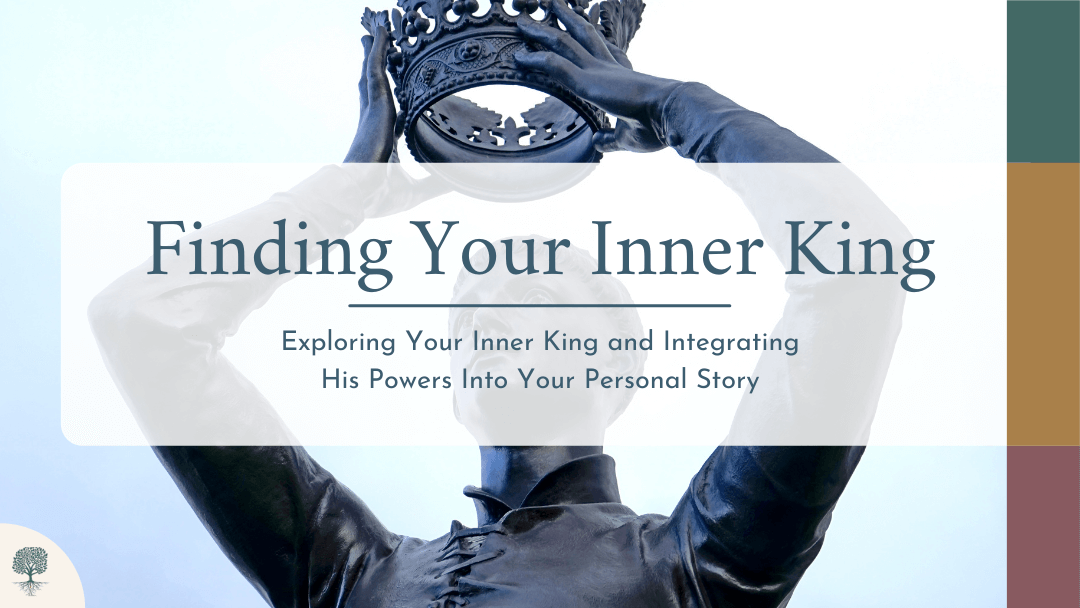
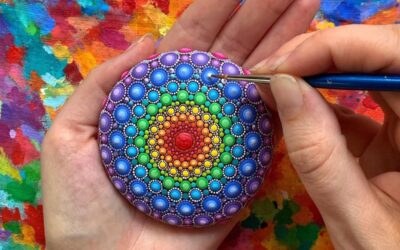
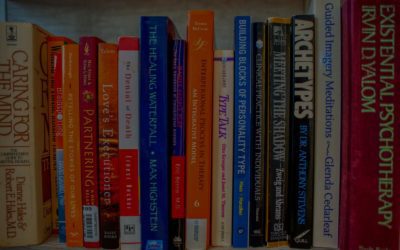
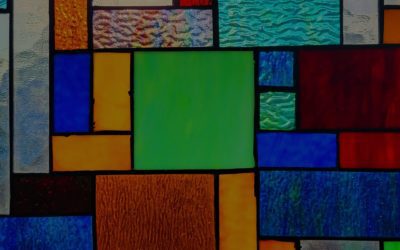

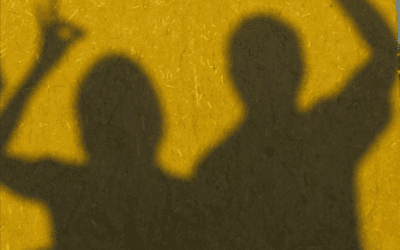
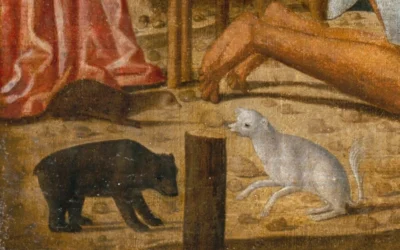
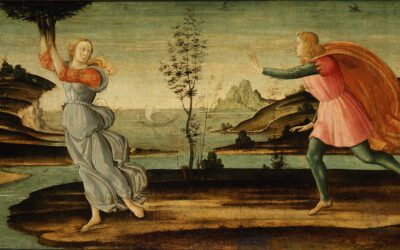


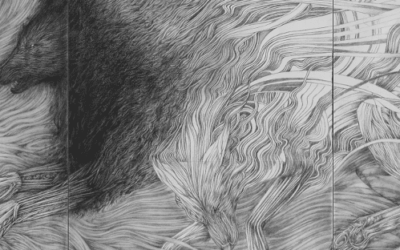



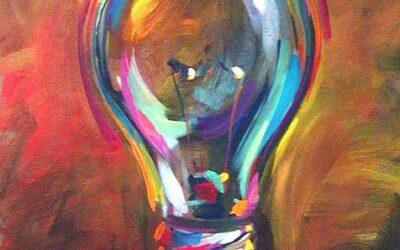



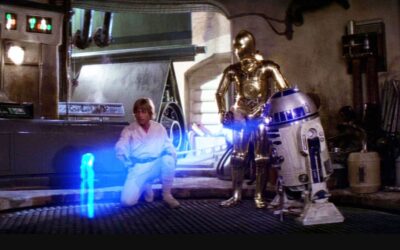





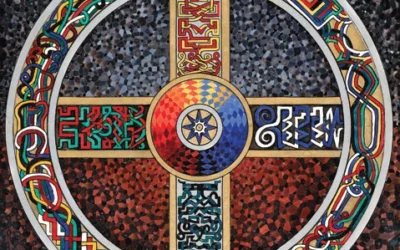
0 Comments